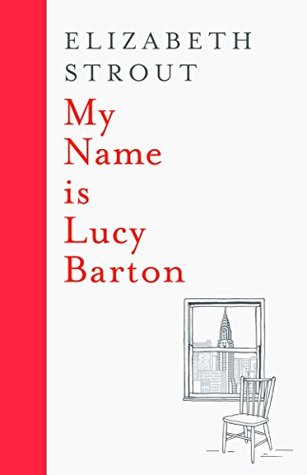
I think this has been my favourite of the Mann Booker longlist! The story is told through the eyes of a girl Marie [Li Ling] who is living in Vancouver with her mother. Her father was a musician who had fled from China to Hong Kong before committing suicide in 1989. Marie and her mother are joined by Ai-Ming, the daughter of a musician who had been a friend of Li Ling’s father. Ai-Ming is on the run, having been a demonstrator in Tiananmen Square. Marie pieces together Ai Ming’s story and that of her ancestors.
I liked the historical bits about China before, during and after the Tiananmen Square protests of 1989. It really is an ambitious novel spanning fifty years.
There are simialries between this and the book The Four Books when it was nominated for the Man Booker International Prize and there is some overlap between that and this as both have The Great Leap Forward as dominant themes.
However, the first half(ish) of the books I did find confusing with its flashbacks, numerous characters set in different times of history - I felt like I needed a list of characters at times!






